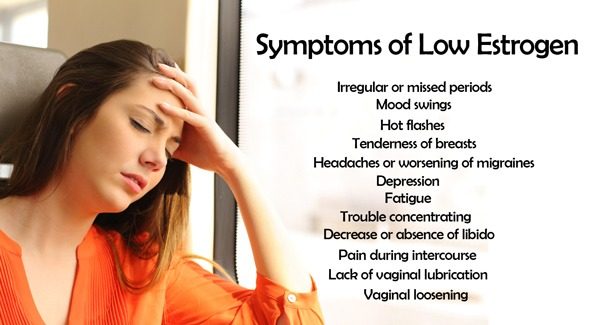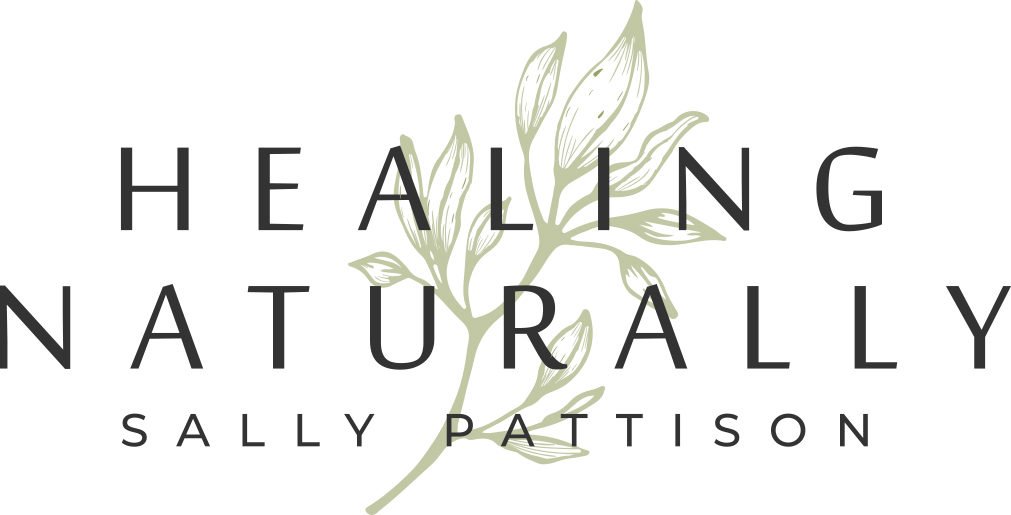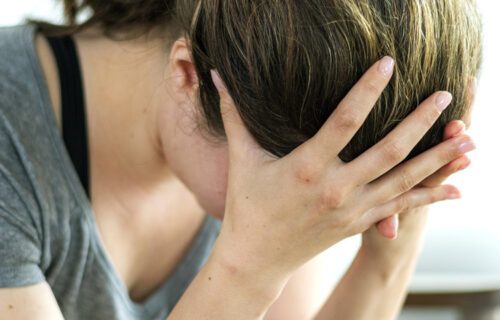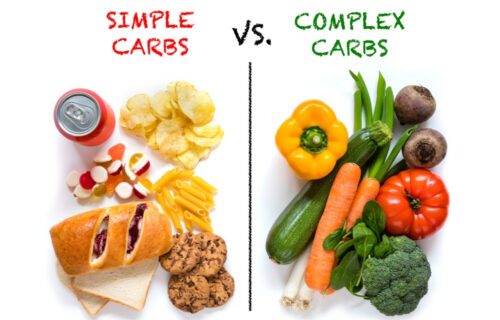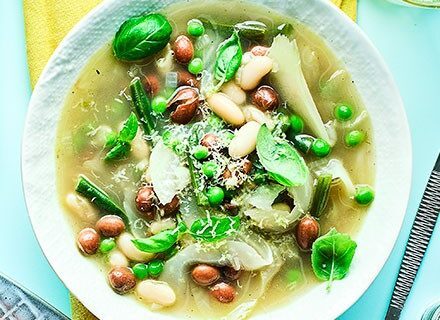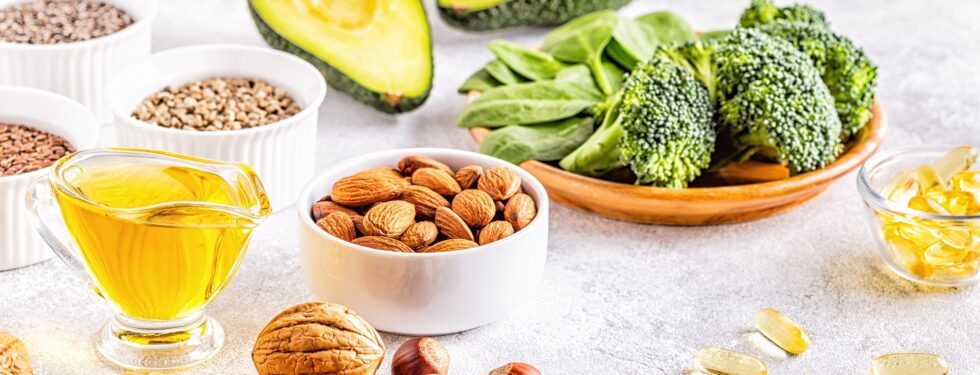
12 Natural Ways to Boost Estrogen
Estrogen and progesterone are foundational hormones for sexual and reproductive development in women. Working together, these hormones help women’s sexual characteristics to mature during puberty as well as manage fertility and menstruation up to menopause.
Estrogen also:
- keeps cholesterol under control
- encourages bone health
- balances moods
- heart function
- skin tissues.
Low estrogen is usually a sign of the change women go through during menopause.
Symptoms can include:
- mood swings
- dry skin
- trouble sleeping
- irregular periods
- low libido
- hot flashes
- vaginal dryness.
Thankfully, there are a number of reliable natural remedies to increase estrogen in the body. Either by directly creating estrogen or by replicating the effects of estrogen.
Food
Phytoestrogen-Rich Foods
Phytoestrogens, found in plants and plant-based foods, have a similar structure to estradiol, which is the strongest of the estrogen hormones. Upon entering the body, phytoestrogens are recognized by estrogen receptors and mimic the effects of estrogen in the body.
Although their effects may be milder than pure estrogen, phytoestrogens are thought to help the body function better during times of estrogen deficiency.
Phytoestrogen-rich foods include soybeans, flax seeds, and chickpeas, as well as dried apricots, raisins, and dates.
1. Soybeans
Soybeans and the products produced from them, such as tofu and miso, are a great source of phytoestrogens. In one study on soy and those with breast cancer, researchers found that a higher soy intake was linked to a lower risk of breast cancer death. This may be due to the estrogen-like benefits of phytoestrogens.
2. Flax seeds
Flax seeds also contain high amounts of phytoestrogens. The primary phytoestrogens in flax are called lignans, which are beneficial in estrogen metabolism.
One animal study from 2017 demonstrated that a flaxseed-rich diet was able to reduce ovarian cancer severity and frequency.
3. Sesame seeds
Sesame seeds are another dietary source of phytoestrogens. Another animal study from 2014 investigated the impact of soybean and sesame oils on rats with estrogen deficiency.
The researchers found that a 2-month diet supplemented with these oils was able to improve bone health markers. This research suggests a positive estrogen-like effect of both sesame and soy seeds, although further human research is needed.
Vitamins and minerals
4. B vitamins
Because B vitamins play a vital role in the creation and activation of estrogen, low levels of B vitamins can result in reduced production of estrogen. Vitamins B2 and B6, in particular, are associated with healthy estrogen levels.
In one study, researchers compared levels of certain B vitamins to breast cancer risk in premenopausal women. Results indicated that higher levels of vitamins B-2 and B-6 were associated with a lower risk of breast cancer, which may be due to the impact of these vitamins on estrogen metabolism.
This connection is believed to be due to the positive impact that B vitamins have on estrogen levels.
5. Vitamin D
Vitamin D functions as a hormone in the body. One study explains that both vitamin D and estrogen work together to reduce the risk of cardiovascular disease.
The link between these hormones is due to the role that vitamin D plays in estrogen synthesis. This indicates a potential benefit of vitamin D supplementation in low estrogen levels.
6. Boron
Boron is a trace mineral that has a variety of roles in the body. It’s been researched for its positive benefits on reducing the risk of certain types of cancer. Boron is also necessary for the metabolism of the sex hormones testosterone and estrogen.
Primarily, it helps the body to break down key minerals and vitamins. Boron also manages bone health, treats osteoarthritis, and influences hormones like estrogen and testosterone.
While estrogen works together with boron to fight osteoporosis, researchers also believe that boron allows the body to more easily use the estrogen that is available in the body. Boron is naturally found in leafy green vegetables like spinach and kale, as well as apples, nuts, grains, raisins, and prunes.
7. DHEA
DHEA, or dehydroepiandrosterone, is a naturally occurring hormone that can be converted to estrogen and testosterone. Within the body, DHEA is first converted to androgens and then further converted to estrogens.
One study also found that DHEA may be able to provide similar benefits in the body as estrogen.
Herbal supplements
8. Black cohosh
Black cohosh is a traditional Native American herb that has historically been used to treat a variety of conditions, including PMS, hot flushes and menopausal symptoms.
Researchers believe that black cohosh also contains certain compounds that stimulate estrogen receptors. Although more research is still needed, this may suggest a possible benefit of black cohosh supplements when estrogen is low.
9. Chasteberry
Vitex agnus-castus is the Latin name for Chasteberry, the dried fruit from the chaste tree. Chasteberry is a traditional herbal treatment that’s most well known for its use in gynecological conditions, such as PMS. Its benefits as a natural remedy for women’s health were first documented over 2500 years ago when the Greeks and Romans used it to treat menopausal symptoms.
Acting as an adaptogen to stabilize the body’s stress response, Chasteberry helps the pituitary gland to rebalance estrogen and testosterone during all three stages of menopause (perimenopause, menopause, and post-menopause).
Research on the hormone-balancing abilities of chasteberry shows that it significantly reduces menopausal symptoms such as mood swings, breast tenderness, pelvic discomfort, interrupted sleep, as well as hot flashes by rebalancing estrogen and testosterone.
These benefits most likely come from a phytoestrogen in chasteberry called apigenin.
10. Evening primrose oil
Due to its high levels of omega-6 fatty acids, evening primrose oil has been uses as an ancient herbal remedy for treating PMS and menopause.
One study found that of over 2,200 women that used EPO after discontinuing hormone replacement therapy, 889 reported EPO as useful for controlling the symptoms of low estrogen with menopause.
11. Red clover
Red clover is a herbal supplement that contains a handful of plant compounds called isoflavones that may act like estrogen in the body. These isoflavones include:
- biochanin A
- formononetin
- genistein
- daidzein
One review study examined the impact of red clover on hot flashes and hormone levels in women. The researchers found four studies that showed a significant increase in estrogen levels with red clover supplements.
12. Dong quai
Dong quai is a traditional Chinese medicine commonly taken for the symptoms of menopause. Like the other herbal supplements above, dong quai contains compounds that function as phytoestrogens.
In one study, researchers examined the possible estrogenic compounds in 17 popular herbal supplements. They found two possible compounds in dong quai that exhibit estrogenic activity.
Ways to boost progesterone naturally
In many cases, if you have low estrogen you might also have low progesterone. This is especially common during menopause, when most of the female hormones drop drastically.
Progesterone is most commonly boosted through creams and medications, but some may prefer a more natural approach.
One possible way to boost progesterone is through herbal supplements. One study found that chasteberry was able to raise mid-cycle progesterone levels.
It is better to naturally raise progesterone levels through a healthy diet and lifestyle. Eating a varied diet can provide the body with the nutrients it needs for progesterone metabolism.
This includes foods such as cruciferous vegetables, nuts, and whole grains. Keeping a healthy weight, staying on a consistent sleep schedule, and managing stress can help to keep hormones balanced as well.
Cautions
Too much estrogen, also called estrogen dominance, can be caused by a variety of factors. Some women naturally produce more estrogen than progesterone. Supplementation for low estrogen can also cause this type of hormonal imbalance.
The symptoms of high estrogen in women include:
- bloating
- irregular periods
- mood swings
- anxiety
- memory problems
Men can also experience estrogen dominance, which presents as gynecomastia, erectile dysfunction, and infertility.
If you begin to experience any of these symptoms after using natural estrogen supplements, it may be due to too much estrogen.
Conclusion
Estrogen and progesterone are important sex hormones, especially in the female body. Low estrogen and progesterone are generally caused by menopause or other health conditions.
Functional foods, vitamins and minerals, and herbal supplements are all natural ways to boost estrogen in the body.
As well as the foods, vitamins, and herbal remedies discussed above, regular exercise, as well as a healthy diet, and a regular bedtime can significantly help manage hormone imbalances during menopause.
